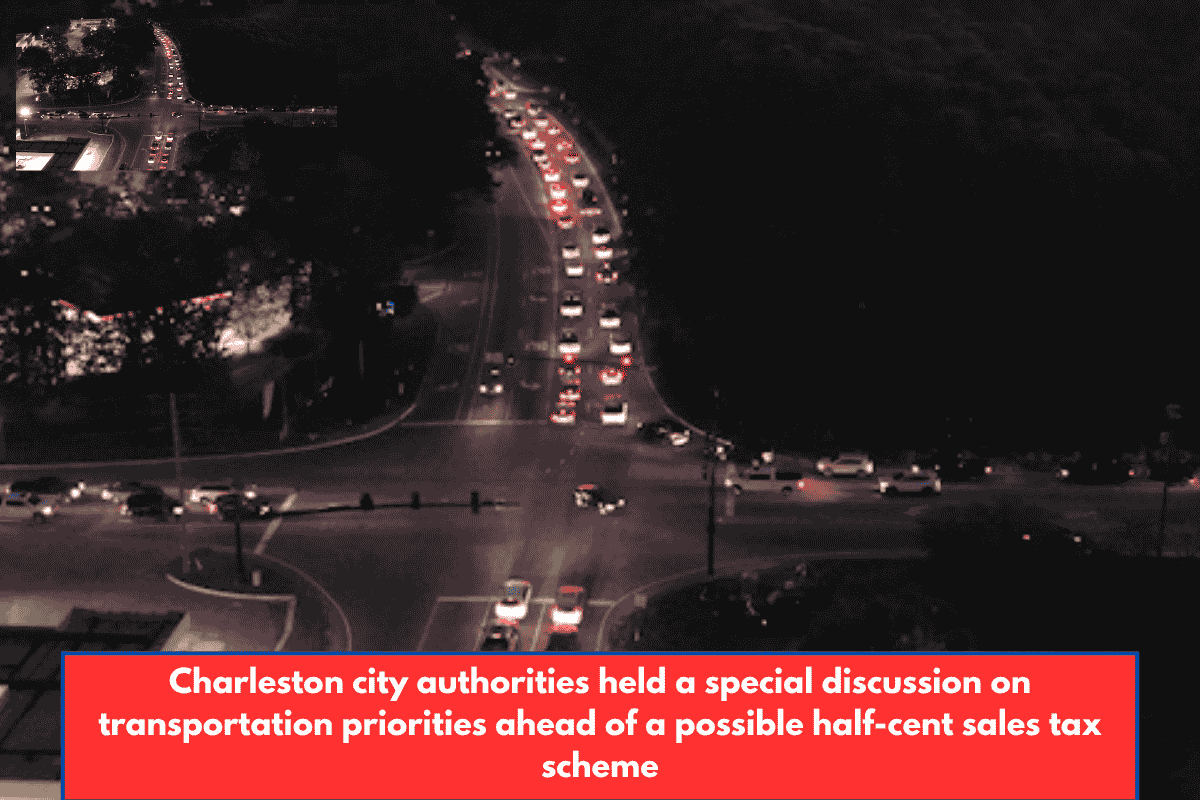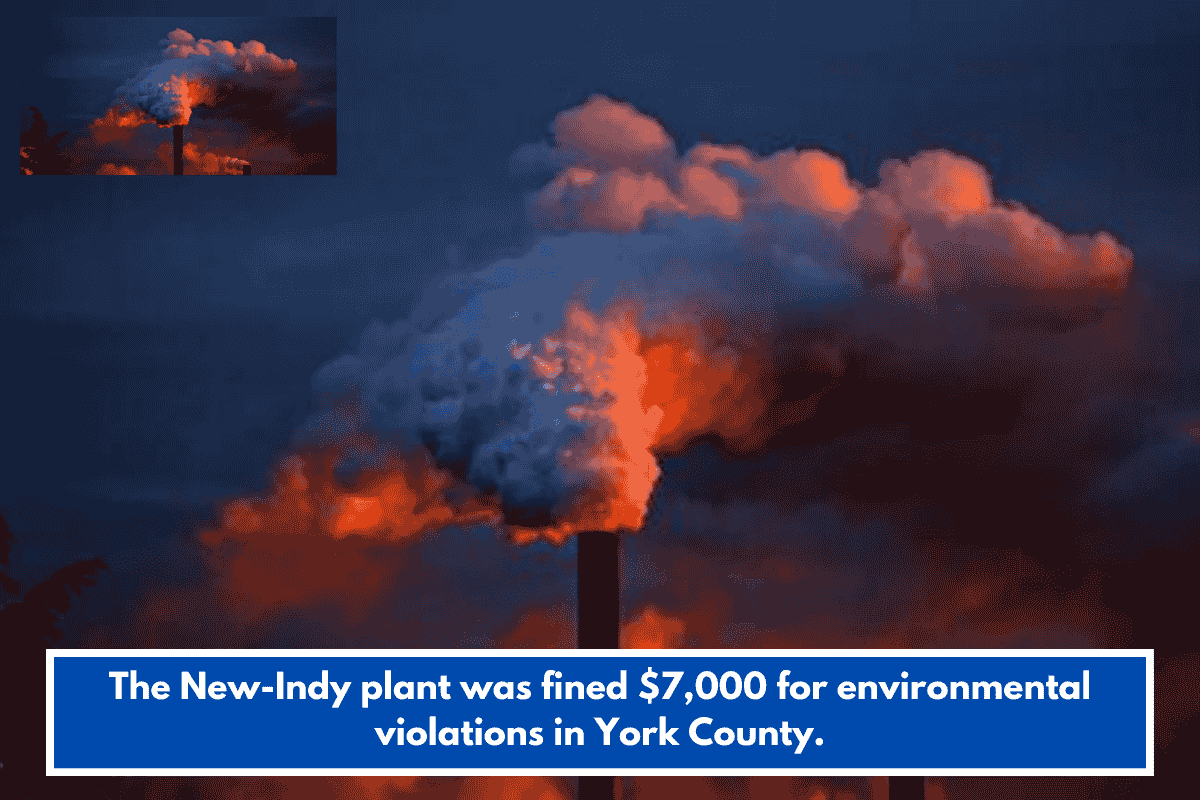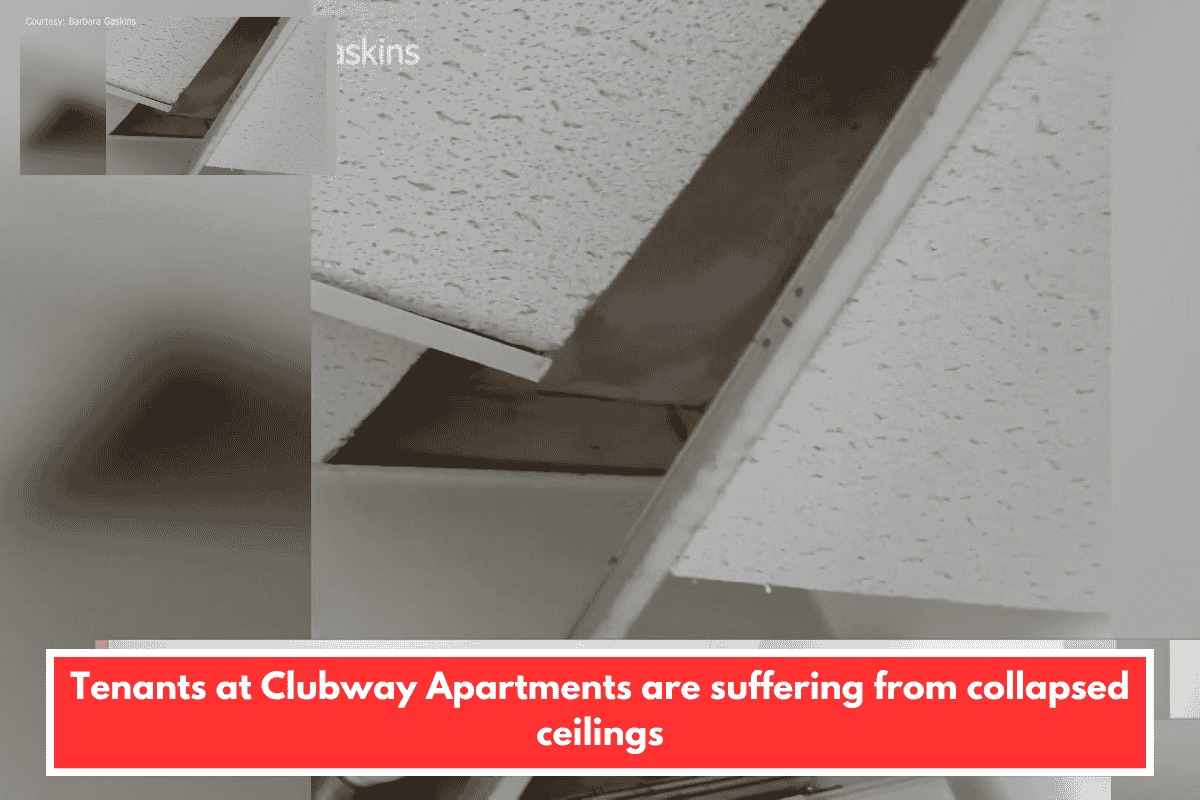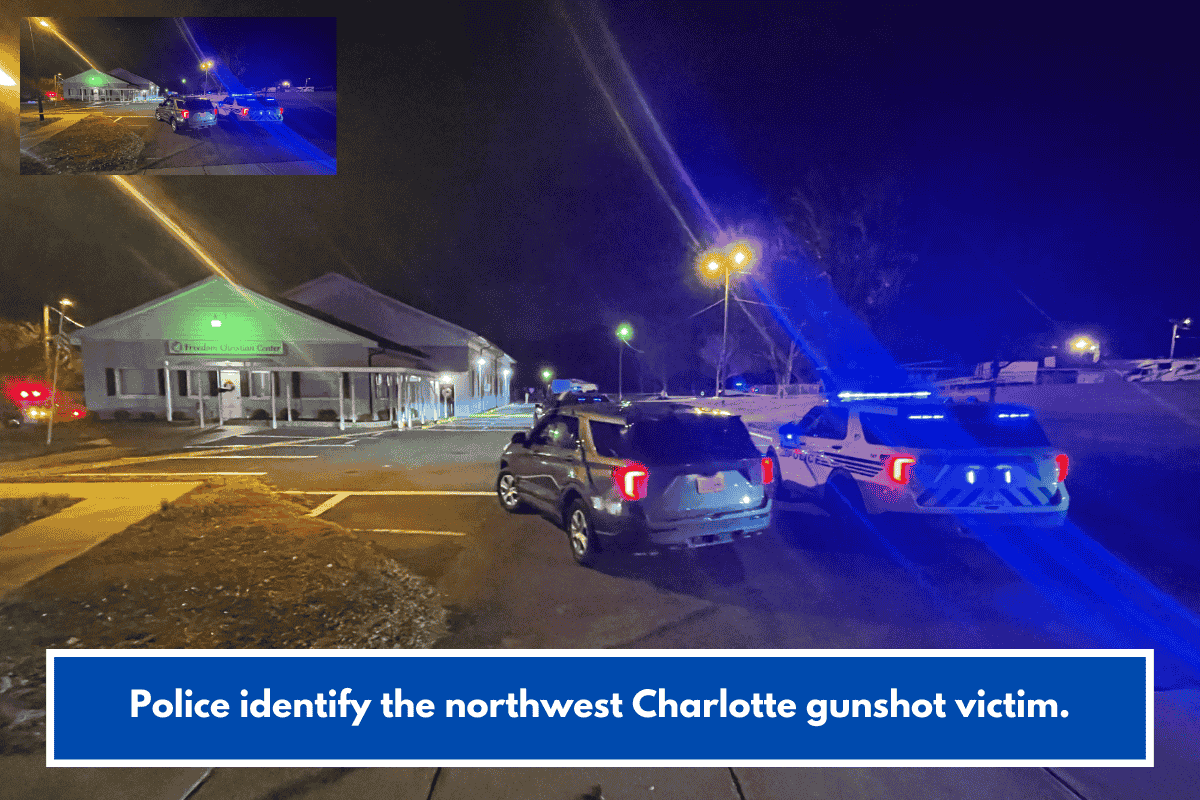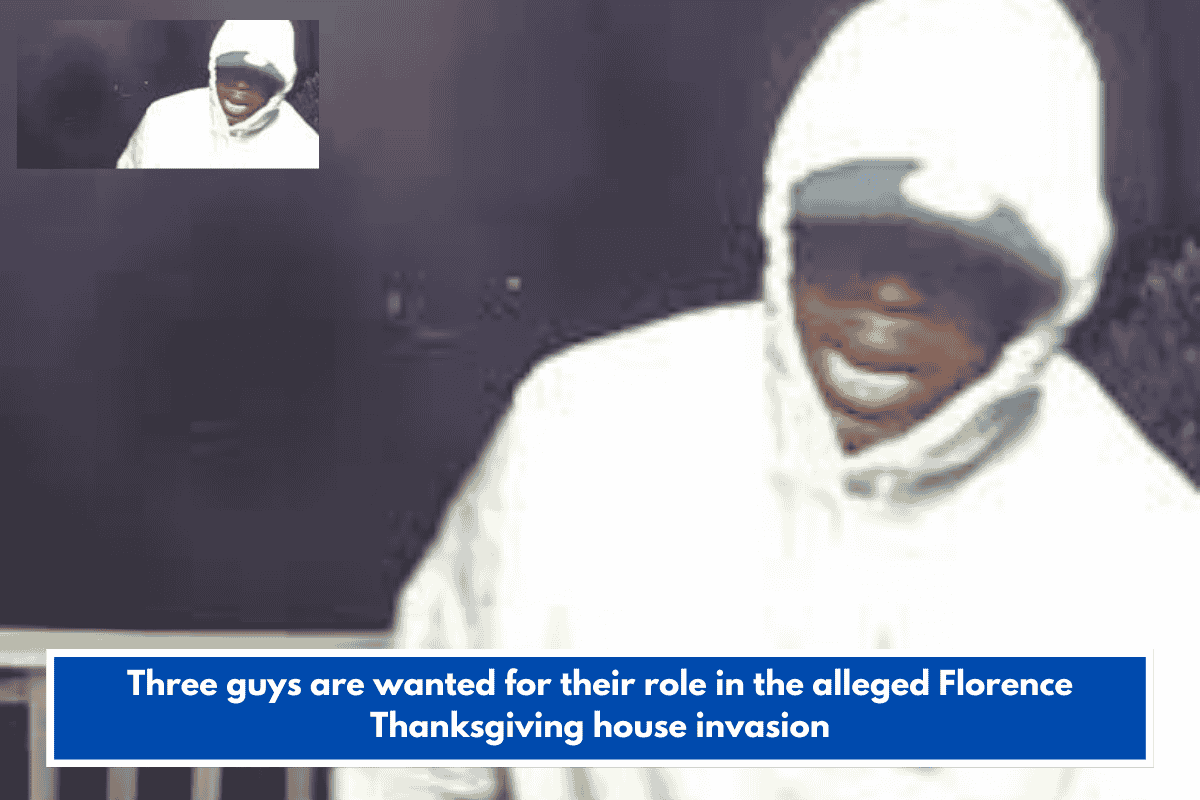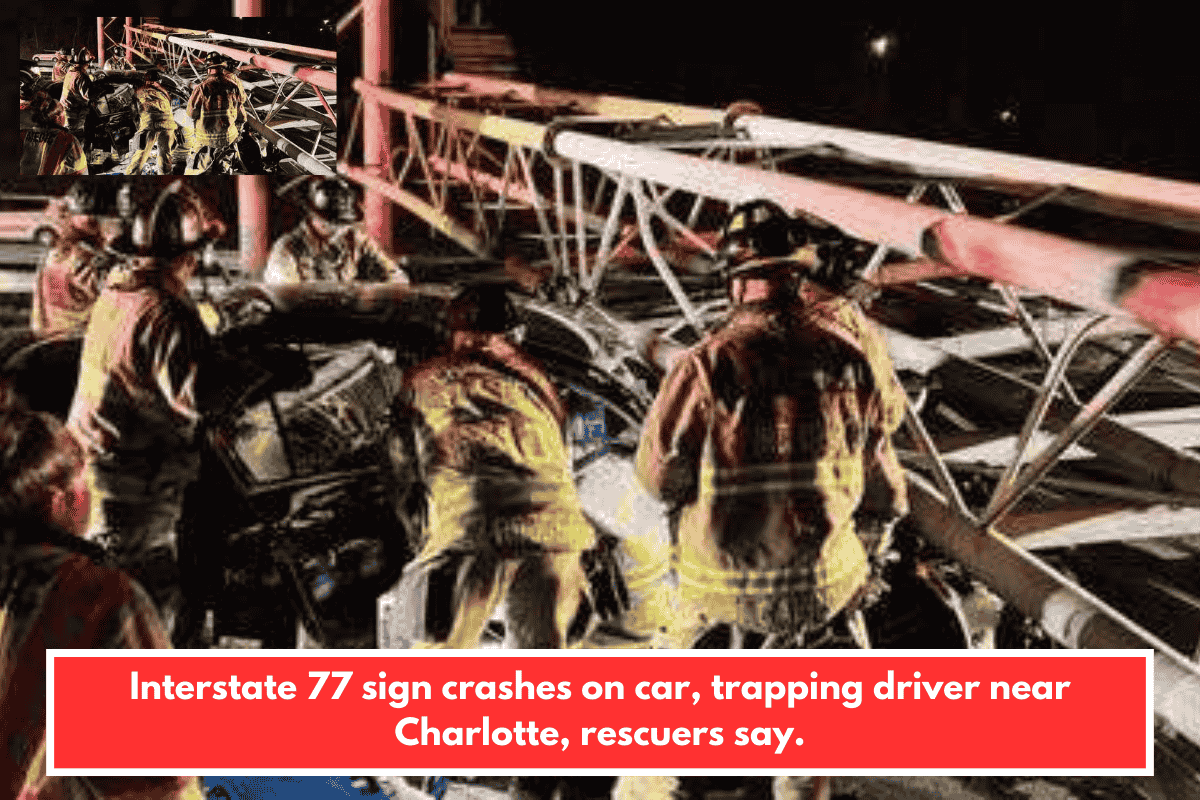Charleston, South Carolina – Charleston municipal authorities reviewed transportation priorities in the area, with Charleston County requesting a list of projects by December.
City council members discussed transportation problems for projects they want to see accomplished. This comes as Charleston County prepares to place a half-cent sales tax on the 2026 ballot and requests information from each community. City officials told News 2 that congestion is at the top of the list.
“Traffic is our region’s number one problem, and working together to address it is crucial. “I want to thank the county for their efforts on this project,” Charleston Mayor William Cogswell remarked. “We, as cities, need to tell the county kind of what we’re seeing on the day-to-day and making sure we’re backing that up with data and information, and insight from our residents.”
The county has launched a new public input poll, asking locals for feedback. Questions include assessing the significance of road infrastructure, public transportation, greenspace, and bike and pedestrian improvements.
“We would want to invite all locals to participate in the survey. That’s the stage we’re in, really trying to solicit that public comment. Eric Adams, Charleston County’s public works director, stated. “We want to hear from public what’s important to them so that we can incorporate that into the plan.”
The county estimates that if the transportation sales tax referendum passes, it will produce approximately $4.25 billion over the next 25 years. Officials informed News 2 that it is vital to get it through.
“We’re gonna go from a deep hole to a hole that will be very difficult to get out of,” Cogswell told the crowd.
“What I would say to the community at large is that this is a source of funds that we desperately need to ensure that we continue to build the infrastructure required to sustain and improve our way of life,” said Mike Seekings, Charleston City Council’s traffic and transportation chair. “It’s a collective effort for all of us.”
The city plans to have four public sessions before presenting its final priorities to the county.

